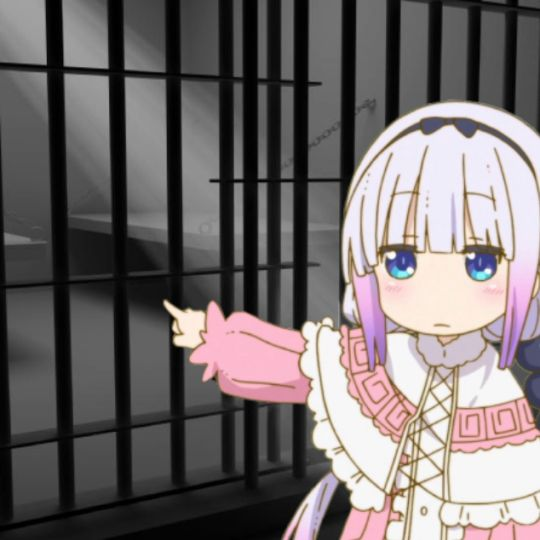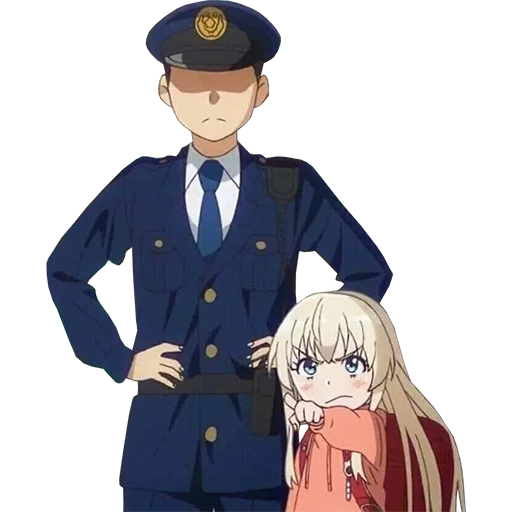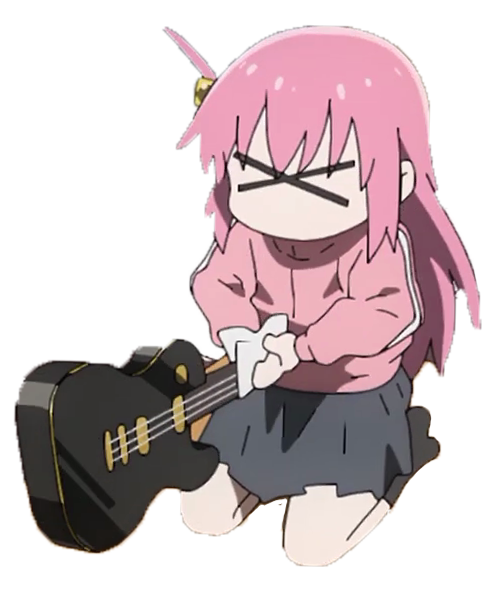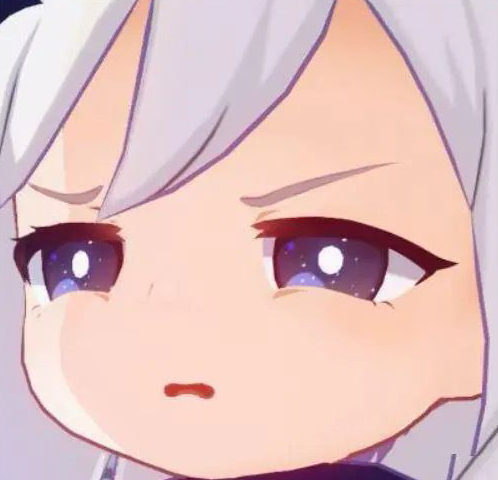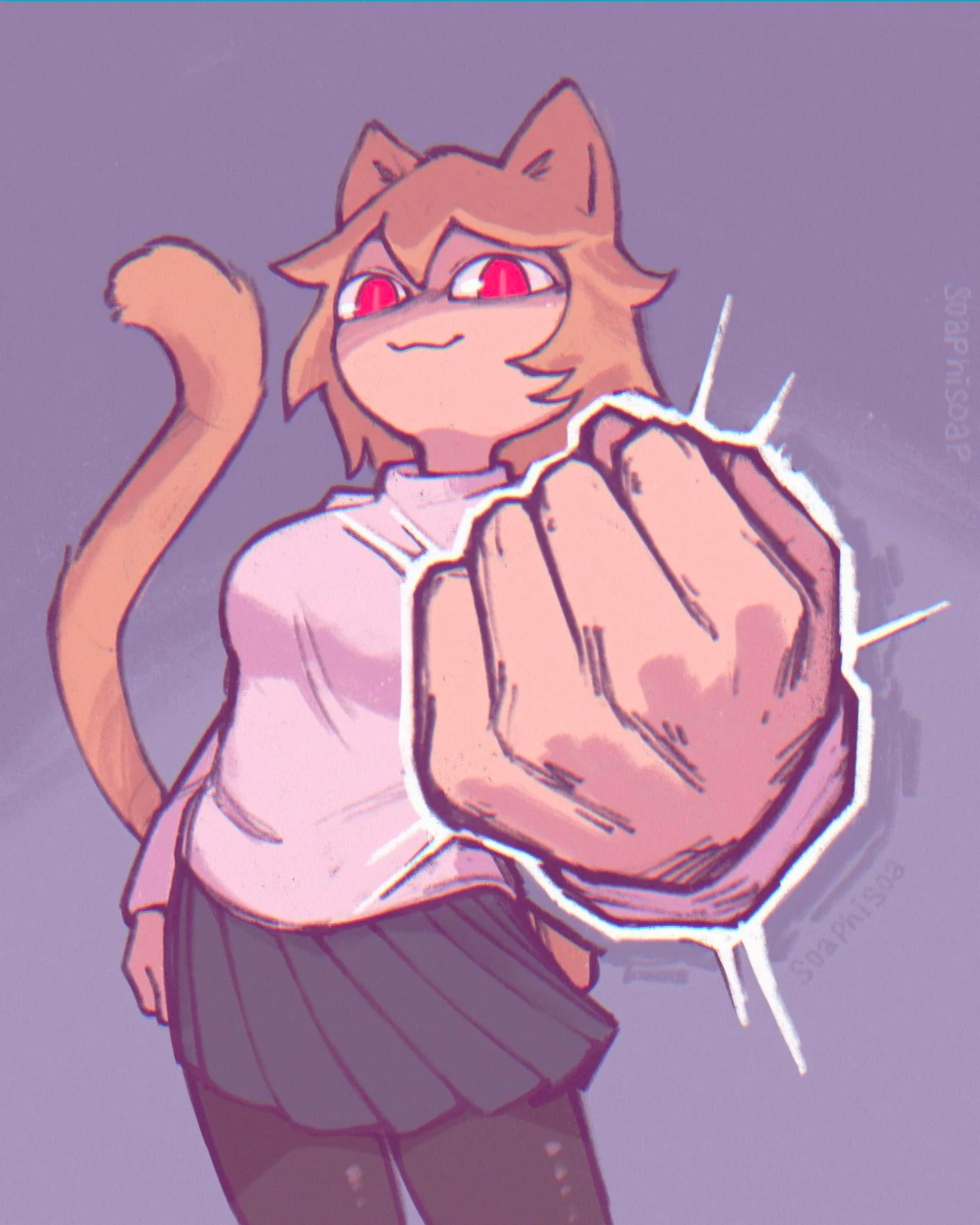The Strongest Farmer in Another World ~I'm a "Farmer", Not a Demon King! ~ - Chapter 477
- Home
- All
- The Strongest Farmer in Another World ~I'm a "Farmer", Not a Demon King! ~
- Chapter 477 - Which one will you choose?
The Strongest Farmer in Another World ~I’m a “Farmer”, Not a Demon King! ~
Chapter 477 Which one will you choose?
“Is that so? Well then, let’s end the discussion here. I won’t be a hindrance when you leave, so please go back quickly.”
“What! Why!?”
When I teased her, Canon, who had maintained a calm demeanor until then, became agitated and asked in a raised voice.
“Why, you ask… because I’m not in the mood? I think it’s fine for you to go now, but if you don’t leave here, it might become troublesome. Look, don’t you feel the same? You plan to do it later, but when the time comes, you no longer feel like doing it. It’s that kind of feeling. I’m fickle, you see. Rather than saying I’ll quit later, I think it’s more sincere to say it now, before it becomes a hassle.”
Normally, such reasons would only be seen as a joke. In fact, even I thought, “Is there no better excuse?” But this joking attitude felt more like the “King of Karakas.”
In reality, I do feel that I have to go, but thinking about it is troublesome, and if it gets postponed, it will feel even more troublesome. So, the words I just spoke are not entirely a lie.
“For such a reason… Is it really appropriate for a king of a country to decide things with such thoughts?”
It seemed that Canon thought my words were not fitting for a king, and she looked at me with a bewildered expression.
But, well, that’s understandable. If she were dealing with a normal politician, she would never hear such things, and as someone educated to serve as a negotiator as the “Holy Maiden,” my behavior and words would be unbelievable.
Perhaps for that reason, Canon questioned me with a voice that contained a somewhat accusatory tone.
“Did you forget? This is Karakas. Even if I call myself the king of a country, I’m just a coordinator for criminals. To put it simply, the head of thieves. Can you really say that such a person doesn’t bring pointless emotions into a negotiation? Even in ordinary countries, there are people who decide things like fools based on their own feelings, right?”
My current reason may be emotional, but no matter how important or influential someone is, everyone brings emotions into the discussion. Whether it’s because they dislike someone and want to take a forceful approach, or because someone is a favorable ally and they want to handle things peacefully, people think about these things when talking. Even if one understands that it’s not the right way, it’s something that can’t be stopped. There are also those who willingly incorporate emotions into decision-making.
Those people and I aren’t that different. The only difference is whether we solidify it with logic and make it look plausible or not.
“…However, shouldn’t you also have a reason to come to our country? If there’s a disturbance related to the Sacred Tree, it shouldn’t be unrelated to you. If you leave our country alone, there’s a significant possibility that the repercussions may affect you as well. Shouldn’t you be aware of the situation in preparation for potential future events?”
After Canon shook her head slightly, she returned to her role as a negotiator and began trying to persuade me.
“In addition, if you cooperate with us this time, our relationship is likely to continue in the future. At that time, the way we first met becomes important. Even if you’re in a hurry, losing manners won’t be beneficial for both parties. It might be better to prepare and welcome each other properly before scheduling a visit, even if it takes a bit more time, considering the future, don’t you think?”
I thought there was some truth in her words. If the first encounter is unpleasant, no matter what happens afterward or how much gratitude is expressed, it’s difficult for the other party to have a positive impression.
So, it wouldn’t be wrong to ensure that we prepare to welcome each other properly before engaging in a pleasant conversation — that is, if the current situation were normal.
“If the way we first meet is so important, instead of seeking a grand welcome when hungry and in trouble, wouldn’t it be better to hurry and go help without asking for extravagant welcomes, returns, or foolishly spending money and food? After all, if the big shots waste food and have parties while people are starving, wouldn’t the citizens feel murderous?”
Hungry and in trouble. I need food urgently, not in a moment, not in a second, but right now. Oh look, someone else has starved to death again. …But, if I eat “that,” I might be able to live longer. I’m already just skin and bones. There’s almost no meat left. But there’s still “almost,” meaning there’s “still” some left.
I don’t want to eat. Why do I have to eat such a thing? Why am I thrusting a blade towards my friend’s body? Why is this happening…
…But, to live, there’s no other choice.
In the current Holy Kingdom, such situations can occur.
If, in such circumstances, they were to set up a welcoming feast for the arrival of a king from another country, anger would well up. The emotion would go beyond anger, turning into hatred and murderous intent. While we survive by consuming our own family, friends, and neighbors, why don’t they, they would ask.
And if those emotions were directed at someone, it would probably be us. Or rather, we would likely be blamed for the wrongdoing.
Even though the country is struggling, they’re forcing themselves to gather food and engaging in unwelcome festivities.
If they hadn’t come, that food could have been distributed among everyone.
But, there’s also the possibility of being taken advantage of in such a way.
“…”
“But well, certainly, I can’t completely deny that it might happen eventually.”
Canon, who slightly lowered her eyes and fell silent, raised her face after hearing my words. However…
“But, there’s no unusual incident happening now.”
That’s right. While something might happen eventually, there’s nothing happening at the current moment. And if our assumptions are correct, and the anomaly occurred due to the cutting of the Sacred Tree, the likelihood of a similar event happening to us in the future is very low.
“An anomaly that might happen eventually. It’s not too late for us to think about it after your destruction, right? Anyway, at this rate, the Holy Kingdom won’t last for another year, even if you try their best, it might last a few more years. After that, you won’t be able to maintain the appearance of a country.”
Even if they receive food from other countries, hunger will persist as long as the anomaly remains unresolved. We don’t know how much time it will take for the Holy Kingdom to resolve the anomaly, but it would be impossible to keep receiving enough food from other countries to sustain the entire population.
In such a scenario, the citizens would die, or even if they don’t, they would flee the country in search of food, ultimately leaving no one behind.
In that case, no matter how hard the upper echelons try to survive, it wouldn’t be a “nation.” The survival of a king doesn’t mean the survival of the nation. Although you might see words like “if the king survives, it doesn’t mean the nation has perished,” a nation is only a nation when its citizens are present. Once the citizens are gone, the nation ceases to exist.
“Even if an anomaly occurs here before the Holy Kingdom perishes, we currently have substantial reserves, and we can continue to increase them. If we do that, even if something happens now, we will have time until we use up all those reserves, and we might manage somehow. The spirits and elves are on our side, so we can come up with solutions for anomalies. So, even if the same thing happens, at least we won’t be in as dire a situation as you are. For us, it’s not a problem if the Holy Kingdom perishes and you face difficulties.”
Even if something unusual happens, we have a good chance of solving the problem, especially if it’s related to plants. After all, the Sacred Tree we have here isn’t just Flora. Even if there’s an anomaly with the Sacred Tree here, it’s not necessarily simultaneous with the one at Lancia, and even if it were, there’s a Sacred Tree over there. In the worst case, if I go and talk to them, we can figure something out. I can keep casting “Growth” every day until it’s resolved, and it shouldn’t wither.
So, while I’d like to know in detail about the current state of the Holy Kingdom’s Sacred Tree in case of an emergency, it’s not something I absolutely need.
— Or rather, yeah. She’s trying hard to assert her opinions against me, but does that even make sense?
“Hey, are you guys really in a position to negotiate now? You must be in a hurry, coming all the way to us ‘trash.’ Trying to take control, fit things to your convenience, or gain an advantage—don’t you guys have the luxury to think about that?”
If they keep resisting because they don’t like it, it will only delay securing food. But that means the citizens will die. In fact, even the upper echelons might die. So, they don’t have that luxury of time.
Once it’s known that time is running out, there’s no way to have a decent negotiation. Because we overwhelmingly hold the decision-making power. If there’s something they don’t like, they should stall for time. While doing that, they will run out of time even more, and their options will diminish. In the end, no matter how ridiculous the proposal, if they want to keep the nation alive, they have to accept it.
If they want to avoid that, while there’s still some strength left and we can have a decent conversation, they have no choice but to listen without opposing foolishly.
No matter how many words are exchanged, the result will be the same. This kind of back-and-forth is ultimately useless.
“Do you want to accept our goodwill now or prioritize your own aspirations and brush us off? Well, which one will you choose?”













